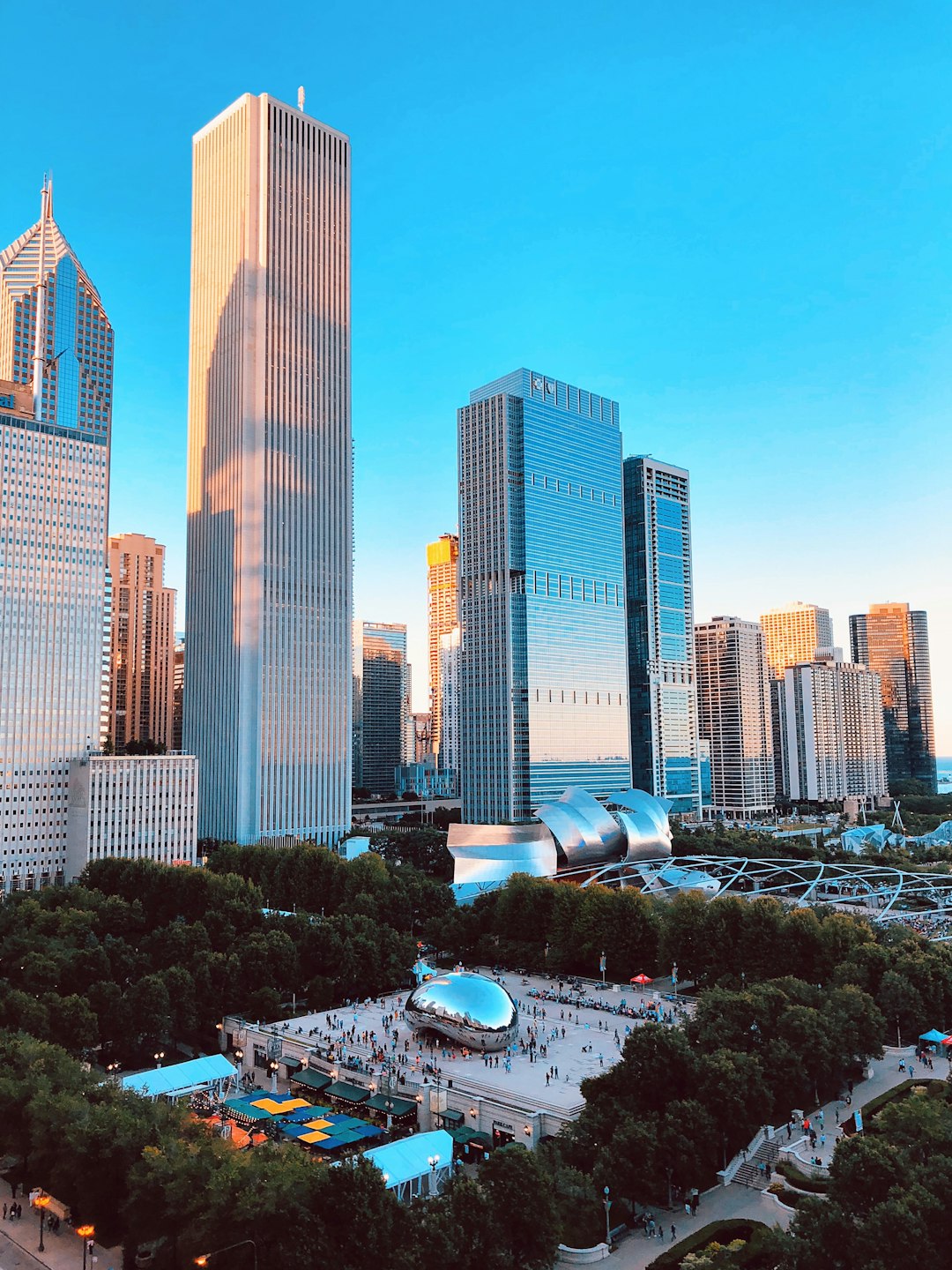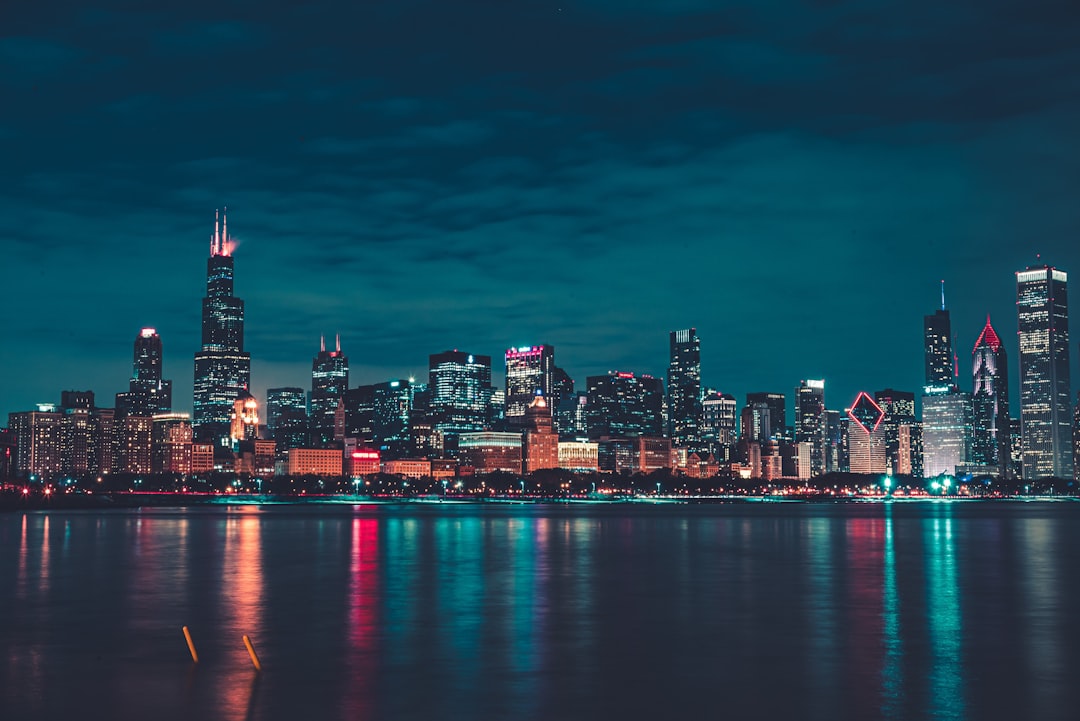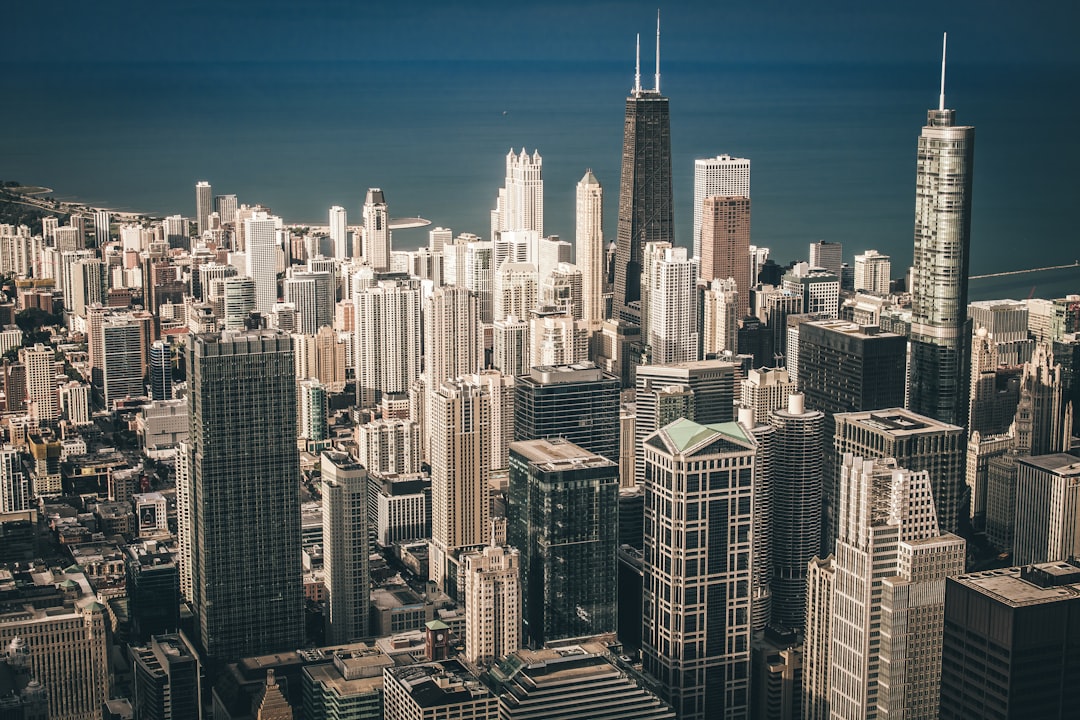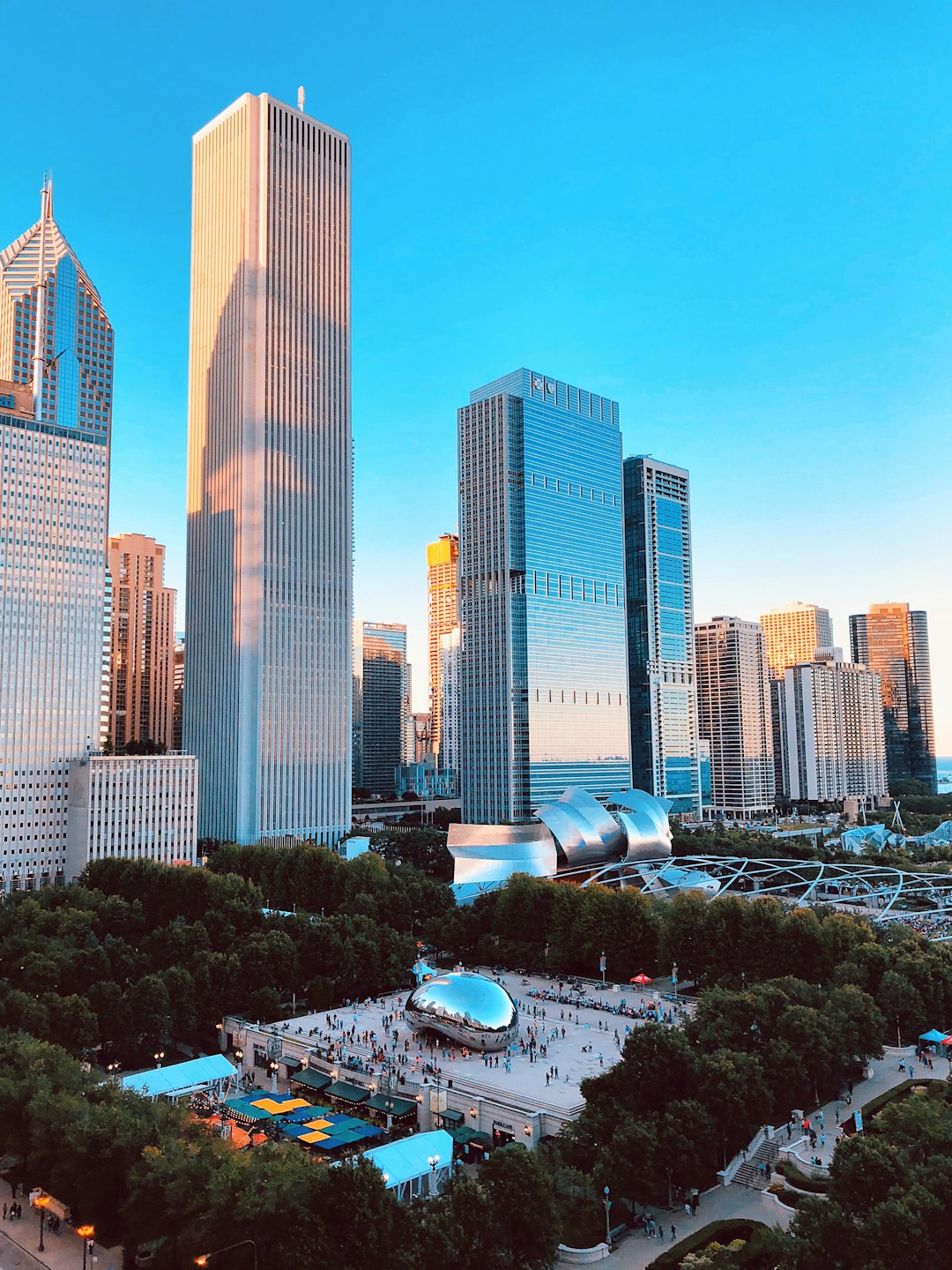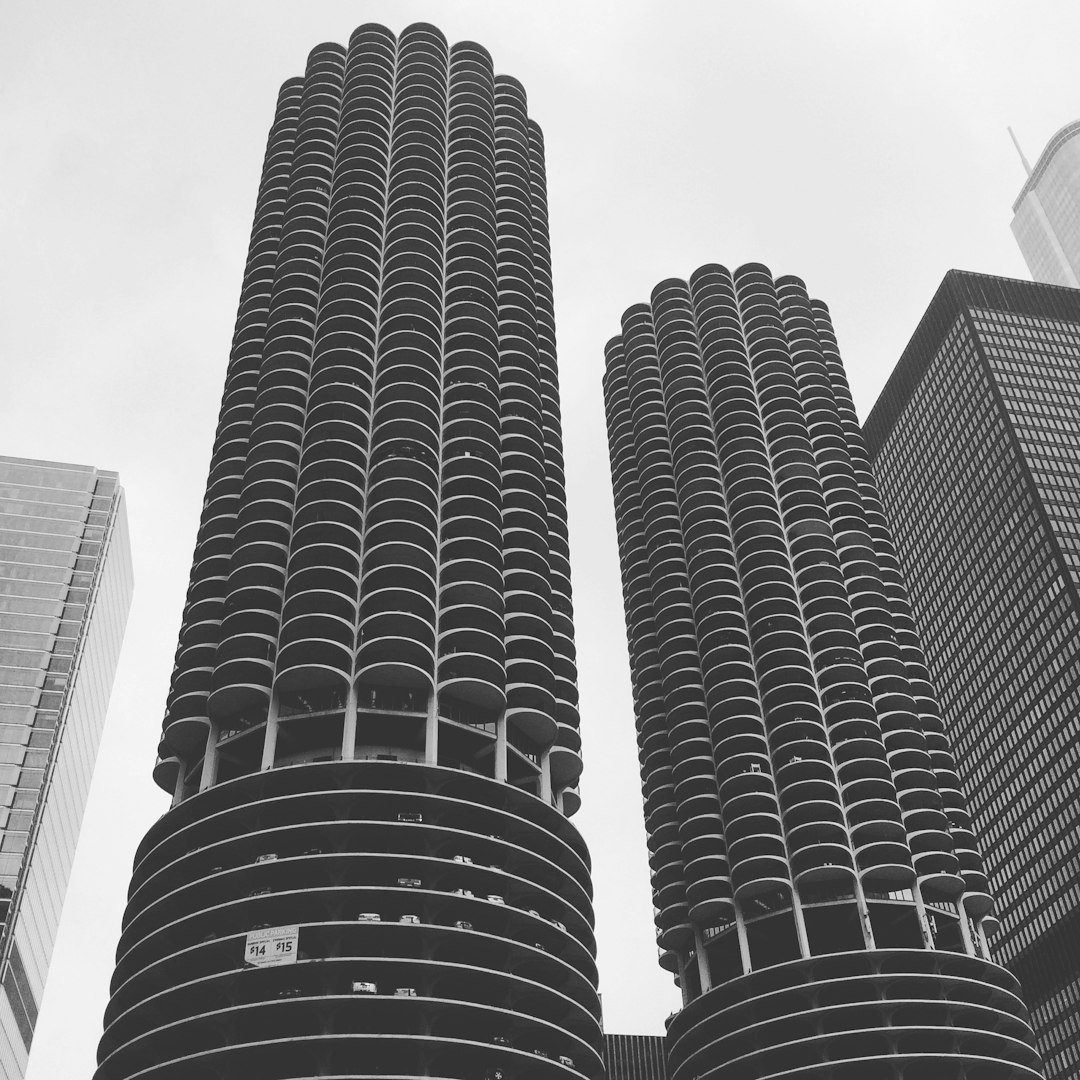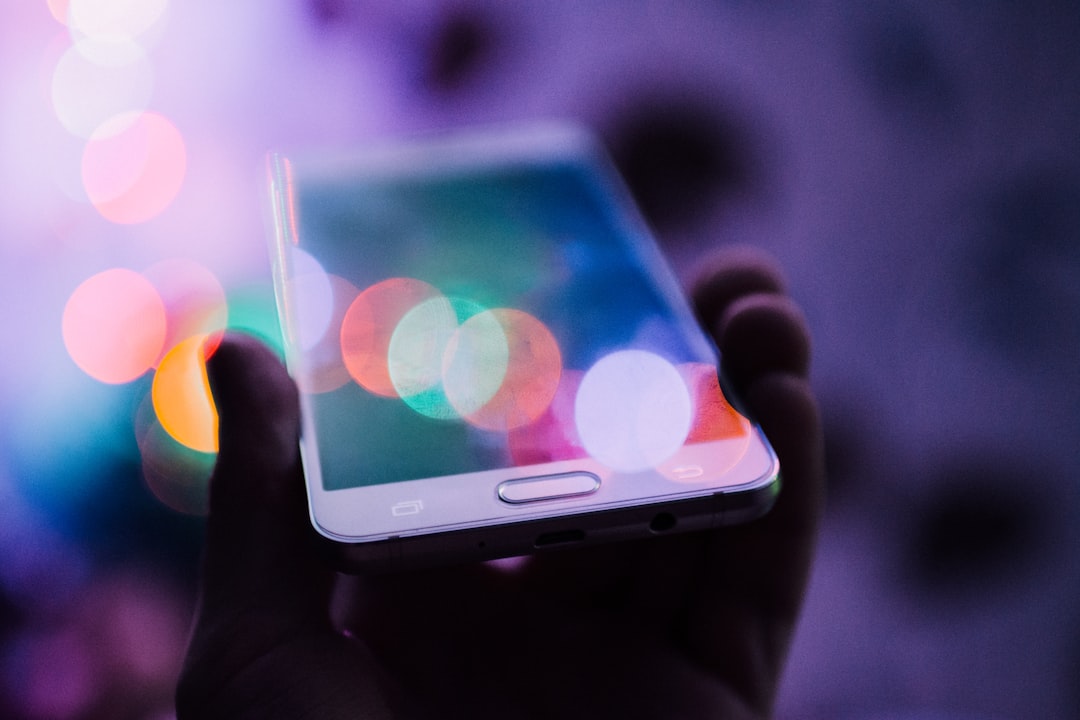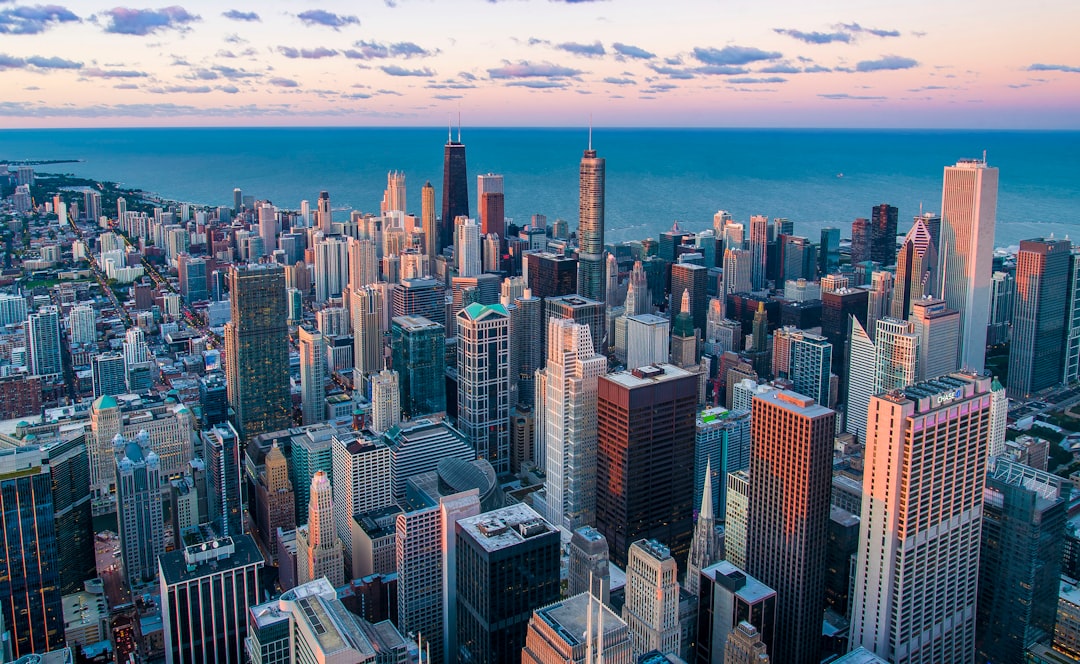Chicago schools face a significant challenge from intrusive and fraudulent robocalls, disrupting learning environments. Specialized robocall lawyers Chicago and robocall law firms Chicago are crucial in combating this issue by providing legal guidance on blocking calls, implementing do-not-call lists, and taking action against perpetrators. A comprehensive robocall education program, involving workshops, device security training, and community engagement, empowered by expert legal counsel, is essential to create a safer and more productive academic atmosphere for students, teachers, and parents alike. This initiative leverages resources like robocall attorneys Chicago to adapt to evolving robocall technologies and stay compliant with regulations like the TCPA.
In today’s digital age, Chicago schools face a growing challenge from robocalls, which can disrupt learning and cause distress. This article guides educators and administrators through setting up an effective robocall education program. We explore the impact of automated calls on student well-being and academic performance, emphasizing the need for intervention. By understanding robocalls and their legal implications—with insights from top robocall lawyers Chicago—schools can implement key strategies to train students and prevent unwanted calls, fostering a safer, more productive learning environment.
Understanding Robocalls and Their Impact on Chicago Schools
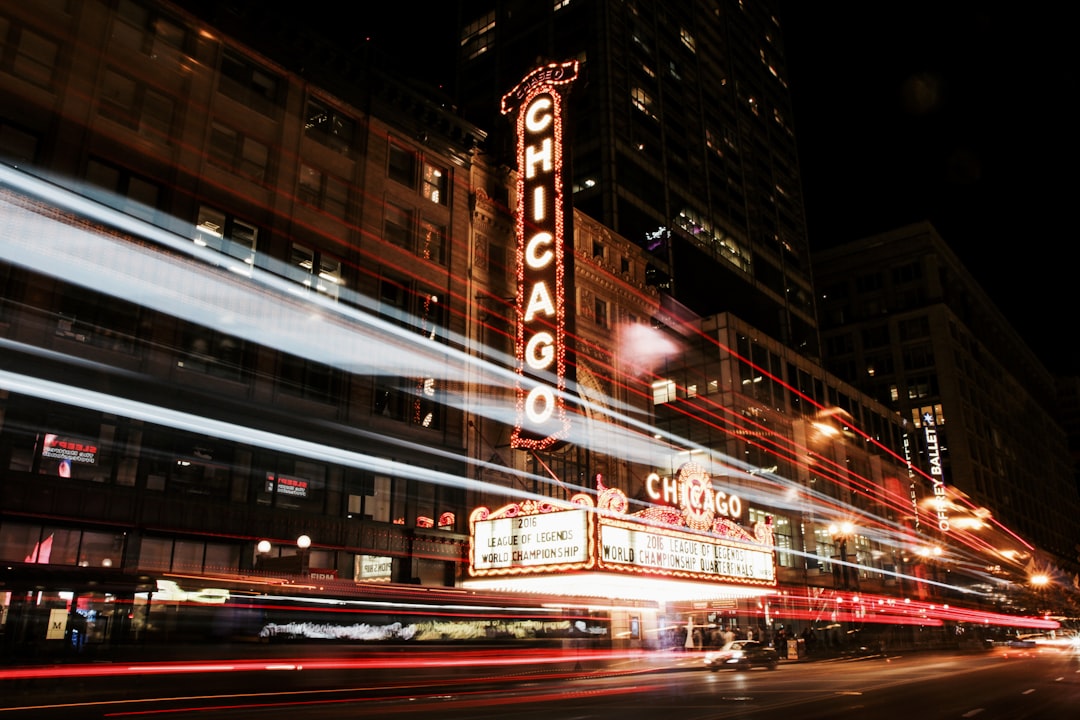
Robocalls, automated phone calls that deliver pre-recorded messages, have become a pervasive issue in Chicago schools and across the nation. While they can be used for legitimate purposes like emergency communications or parent-teacher associations, they often serve as a nuisance, even fraud, when used unethically. These automated calls can inundate school districts with unsolicited messages, disrupting educational environments and causing administrative burdens.
Chicago schools face unique challenges due to the high volume of robocalls targeting residents in the city. A robocall lawyer Chicago, robocall attorney Chicago, or robocall law firm Chicago can play a vital role in helping schools navigate this complex issue. These legal professionals specialize in telecom consumer protection laws and can guide schools on how to stop unwanted calls, enforce do-not-call lists, and pursue legal action against perpetrators if necessary. By implementing effective robocall education programs, Chicago schools can foster a safer, more focused learning environment for students and staff.
Why a Robocall Education Program is Necessary in Chicago
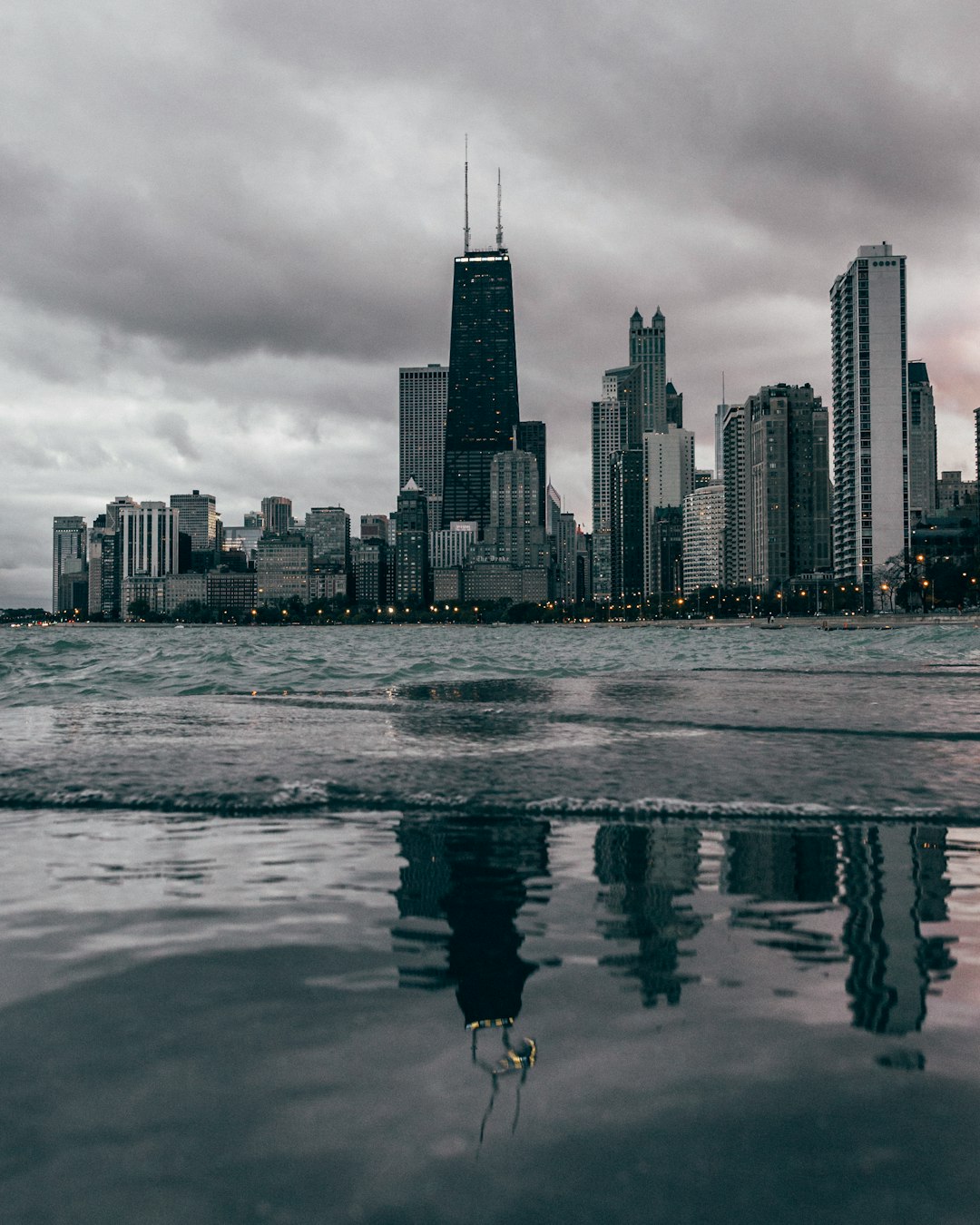
In today’s digital era, Chicago schools face a unique challenge from intrusive and deceptive robocalls, which can disrupt learning environments and cause significant disturbances. With the rise in automated phone marketing, students, parents, and educators are often subjected to unwanted calls, making it crucial to implement an effective solution. A Robocall Education Program is necessary to combat this growing issue, ensuring a safer and more productive academic environment.
Chicago, as a bustling metropolis, requires specialized legal guidance to navigate the complex landscape of robocall regulations. Engaging a reputable Robocall Lawyer Chicago or a team of Robocall Attorneys Chicago is essential to establishing a comprehensive program. These legal experts can provide insights into state-mandated guidelines and help schools create policies that discourage unauthorized calls while allowing legitimate communication. A strategic approach, led by a robust robocall law firm Chicago, will empower educational institutions to protect their communities from nuisance calls, fostering a more focused and peaceful learning experience for all.
Key Components for Effective Robocall Training and Prevention
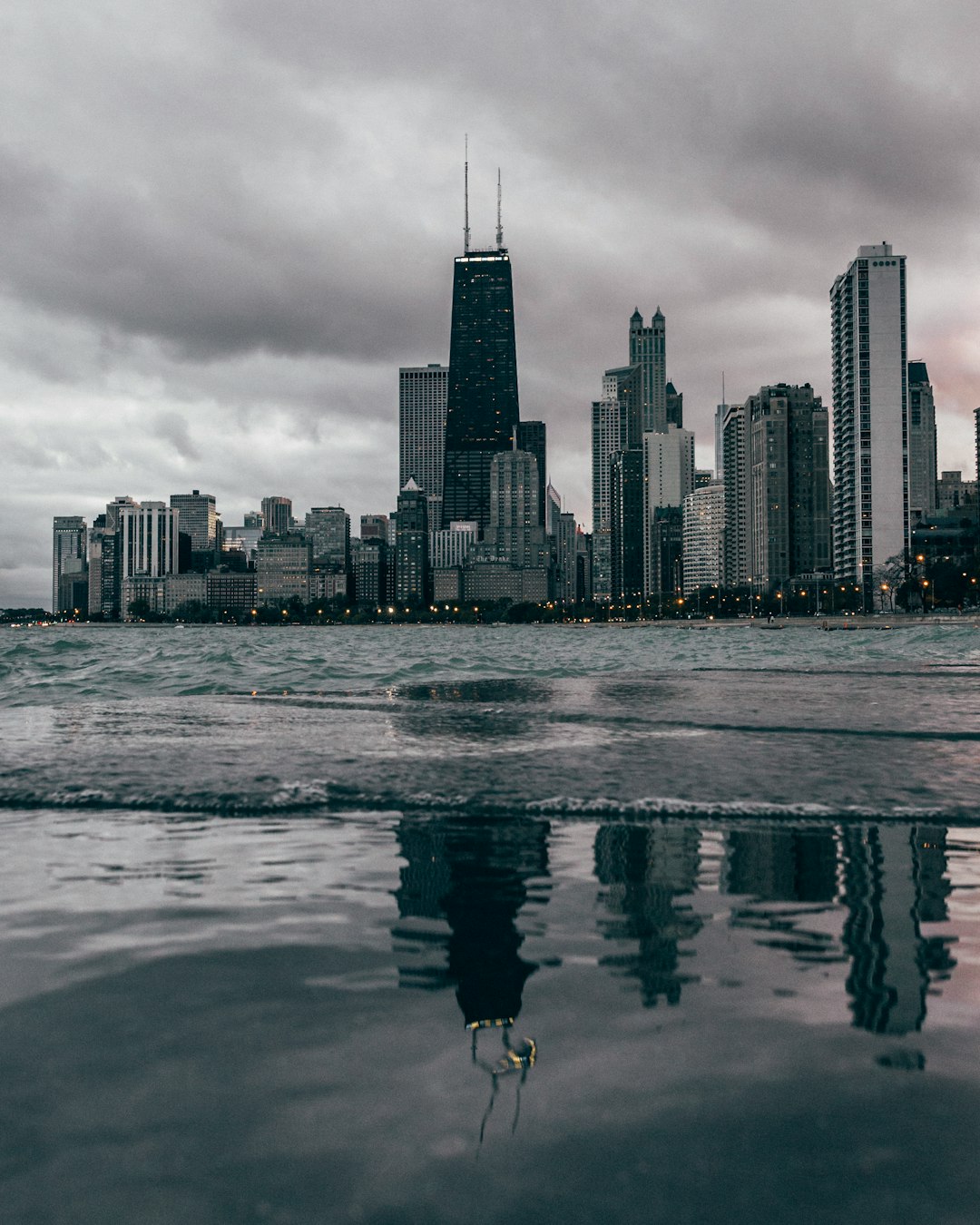
Setting up a comprehensive Robocall Education Program involves integrating several crucial components to ensure effectiveness in training and prevention. First, engaging the cooperation of school administrators, teachers, and parents is paramount. These stakeholders play a vital role in disseminating information about robocalls, their potential harm, and available legal recourse, such as consulting a robocall lawyer Chicago or attorney from a reputable robocall law firm Chicago. Workshops and seminars can be organized to educate everyone on identifying suspicious calls and implementing measures to block them.
Additionally, incorporating interactive sessions with real-life examples of robocalls can help students understand the tactics used by scammers. Teaching them about privacy settings and security protocols on their devices is also essential. Encouraging students to report any suspected robocalls promptly and providing clear channels for communication will enhance the program’s success. Moreover, staying updated with the latest trends in robocall technology and legal developments related to robocall attorneys Chicago and law firms specializing in this area is necessary to adapt prevention strategies accordingly.
Implementing and Sustaining a Successful Robocall Education Initiative
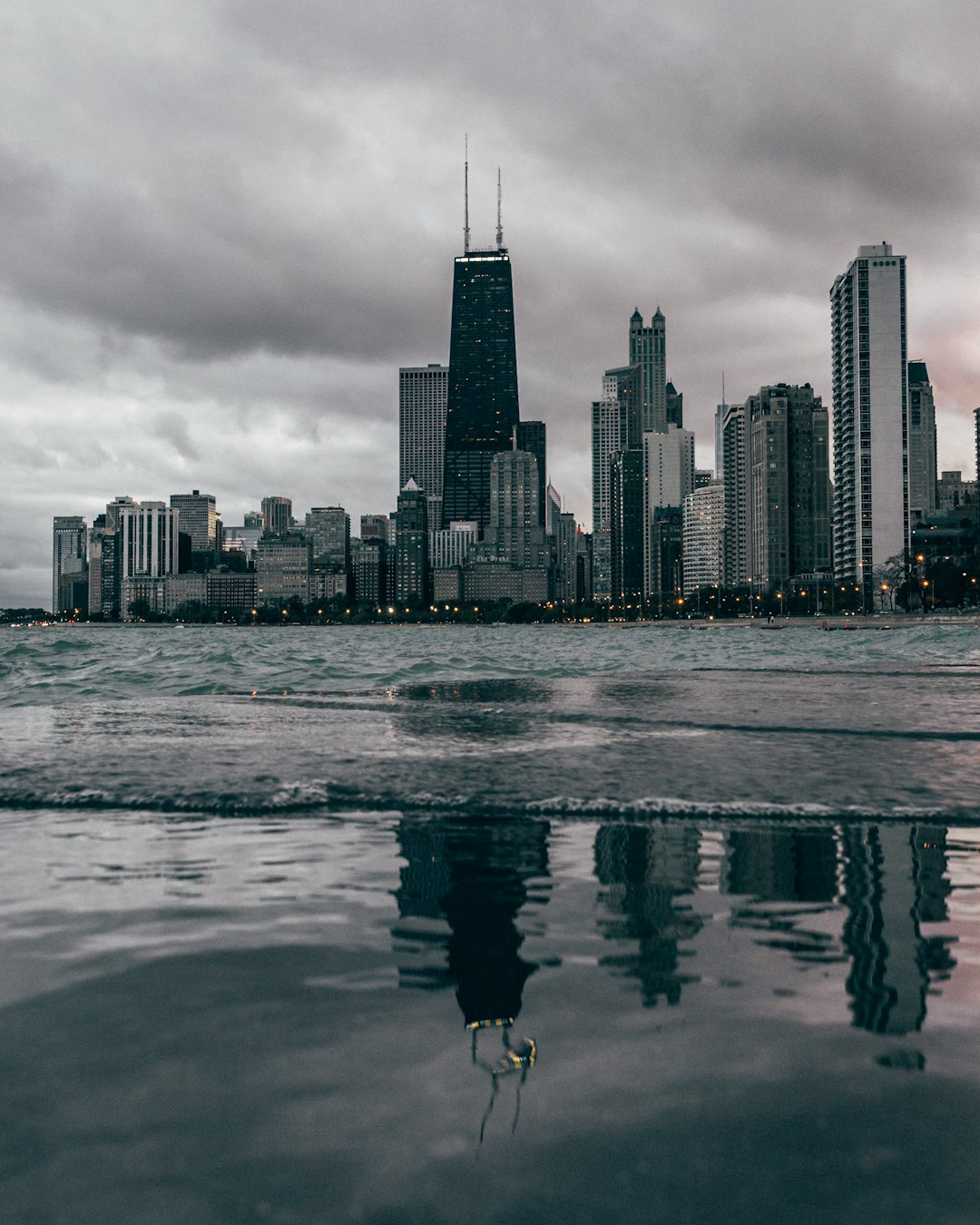
Implementing and sustaining a successful robocall education initiative in Chicago schools requires a strategic approach involving both legal expertise and community engagement. A robocall lawyer Chicago or attorney specializing in robocall laws can play a pivotal role in guiding schools on navigating regulatory frameworks to ensure compliance from the outset. This includes understanding when and how to use automated calls effectively for educational purposes while adhering to regulations like the TCPA (Telecommunications Consumer Protection Act).
Regular training sessions for school administrators, teachers, and staff are essential to sustaining the program’s effectiveness. These sessions should cover best practices for robocall usage, data privacy considerations, and methods for tracking and evaluating the impact of automated calls on student engagement. Engaging with parents and community leaders through informational workshops or town halls can also foster buy-in and support for the initiative, ensuring its long-term viability in the Chicago educational landscape.
